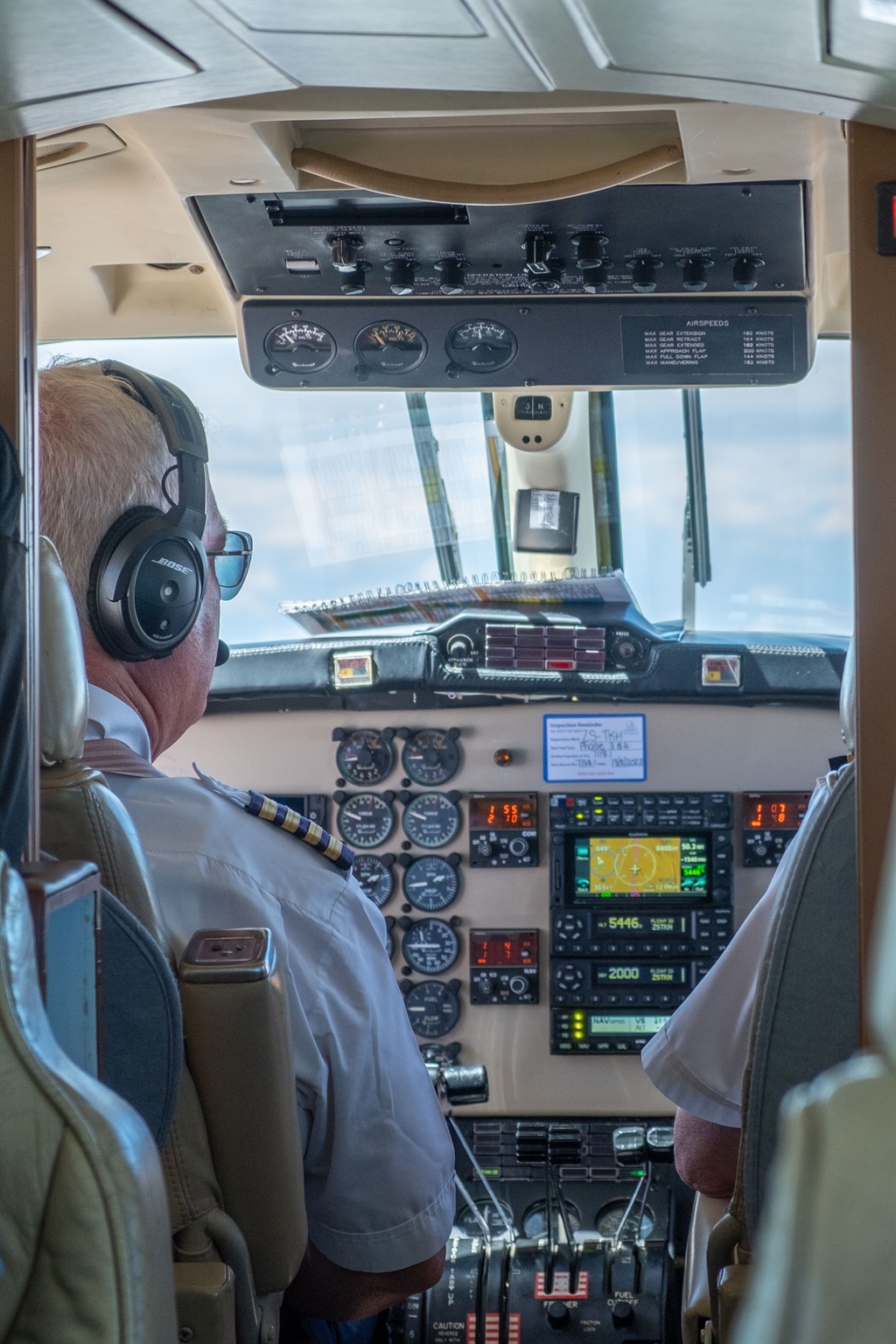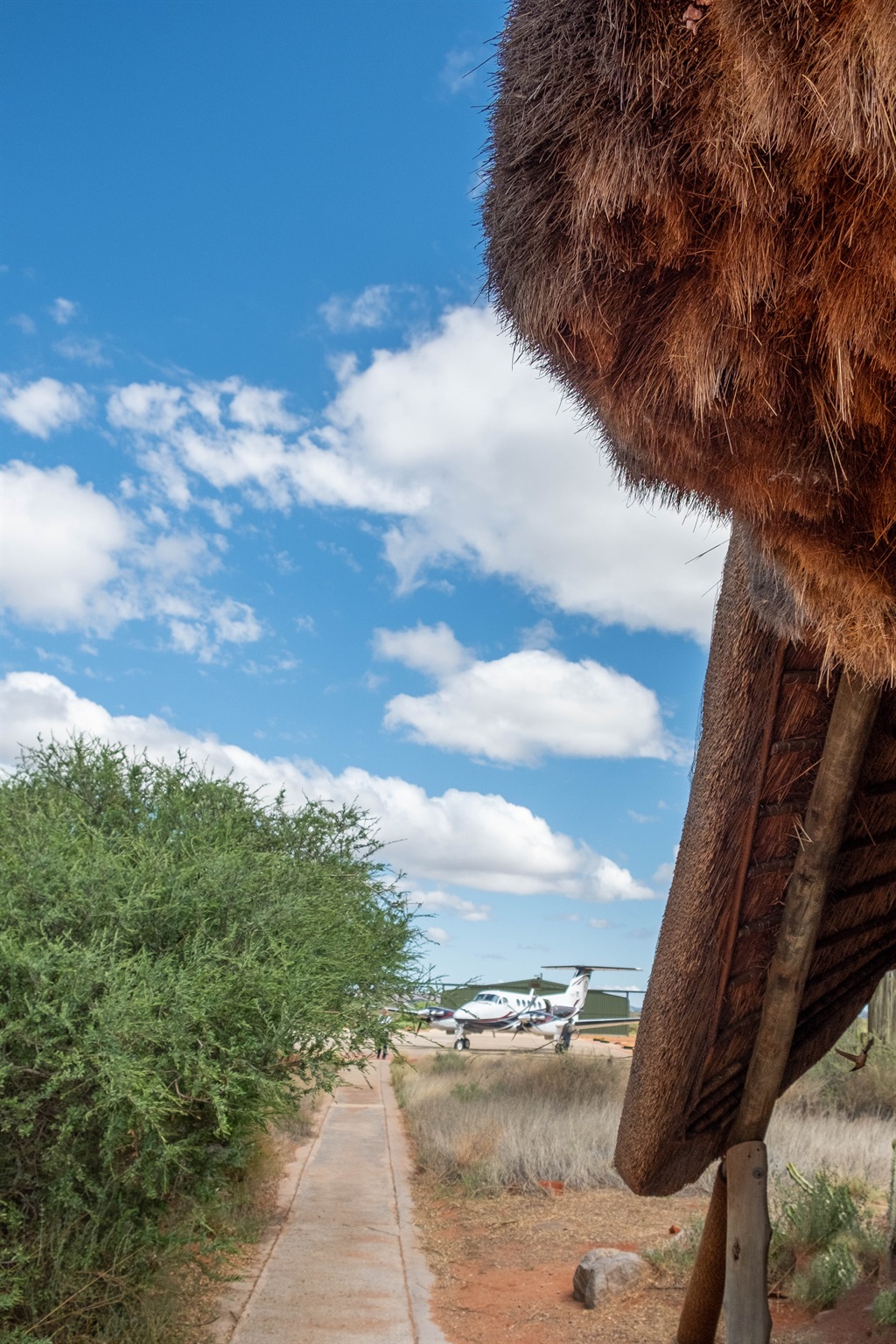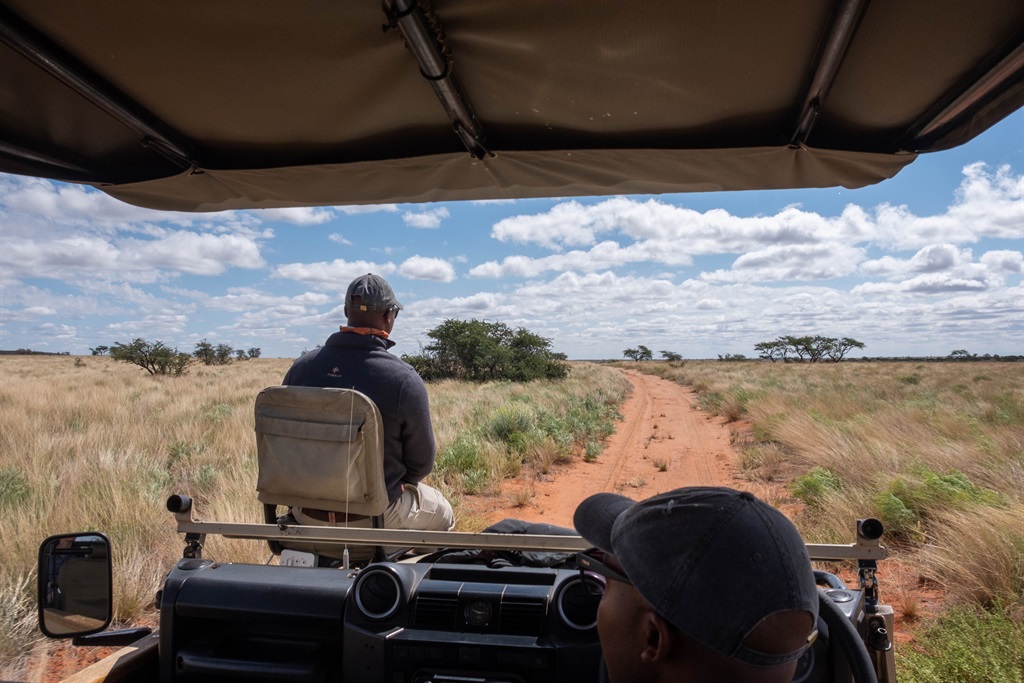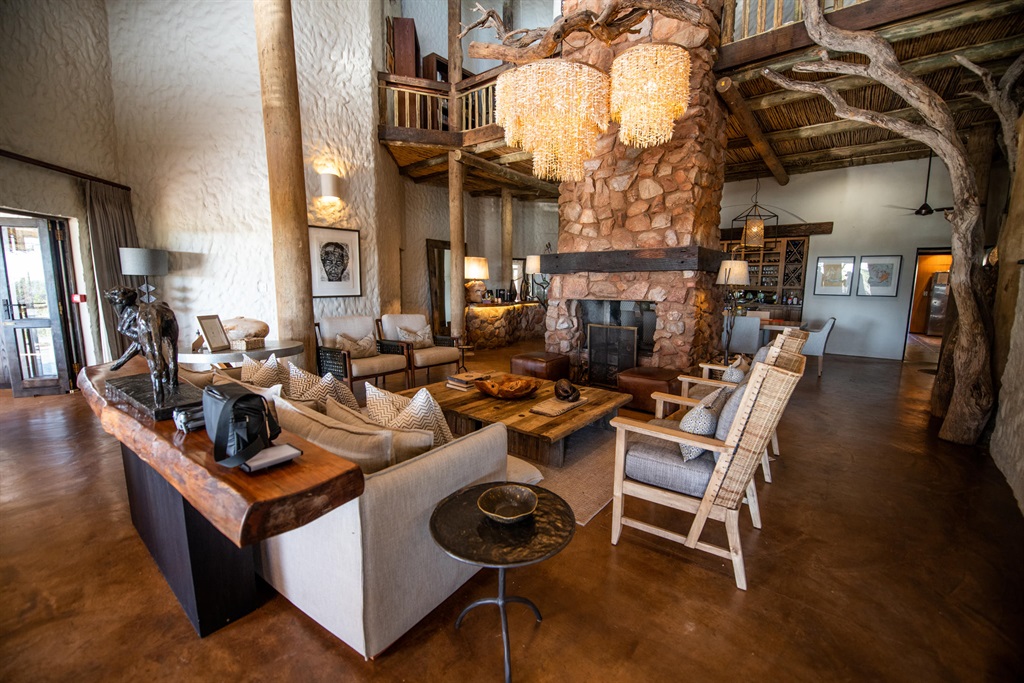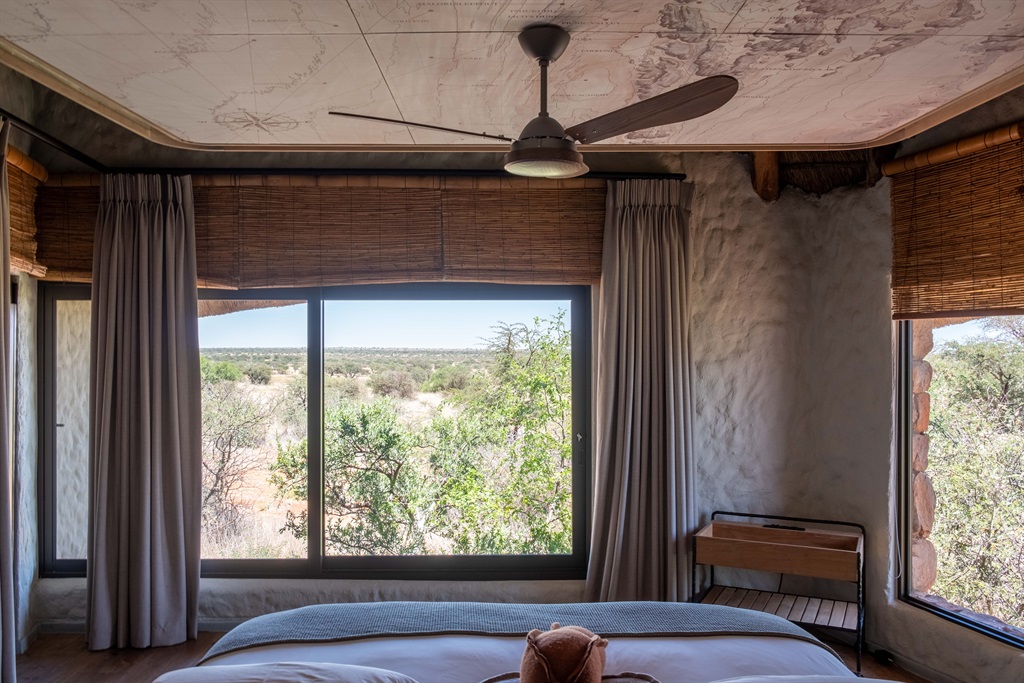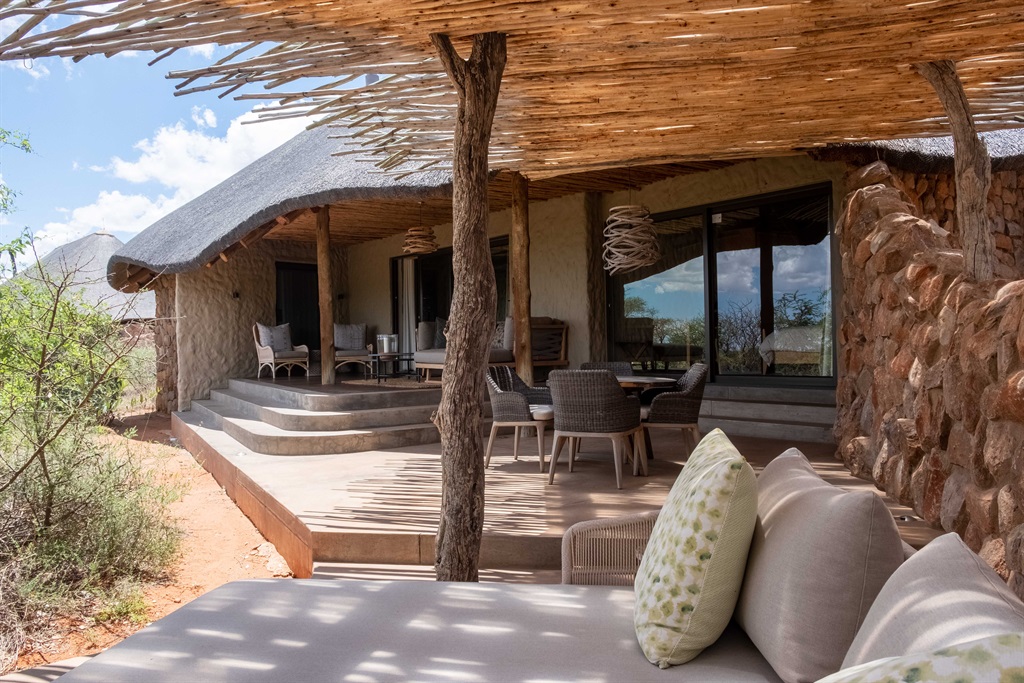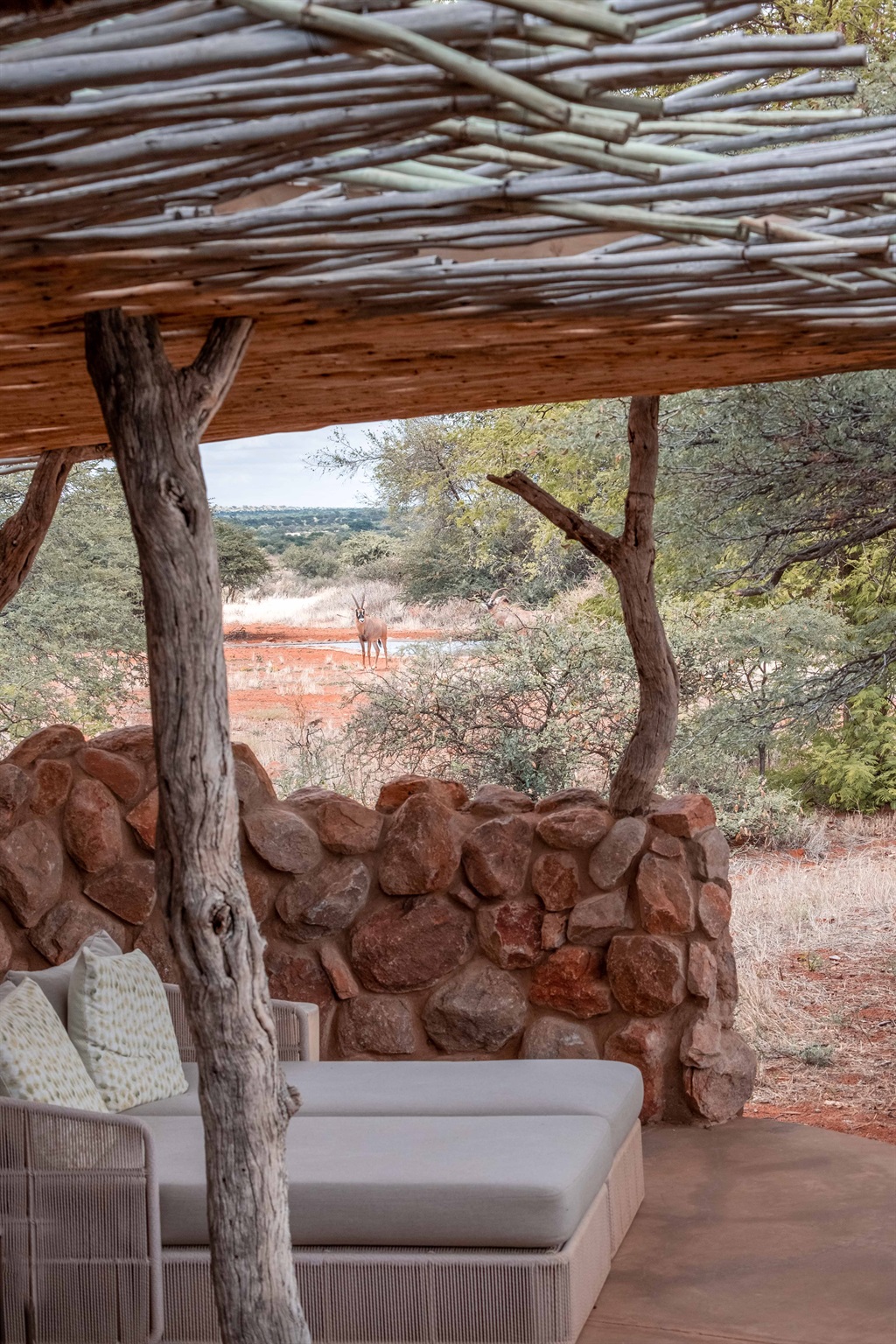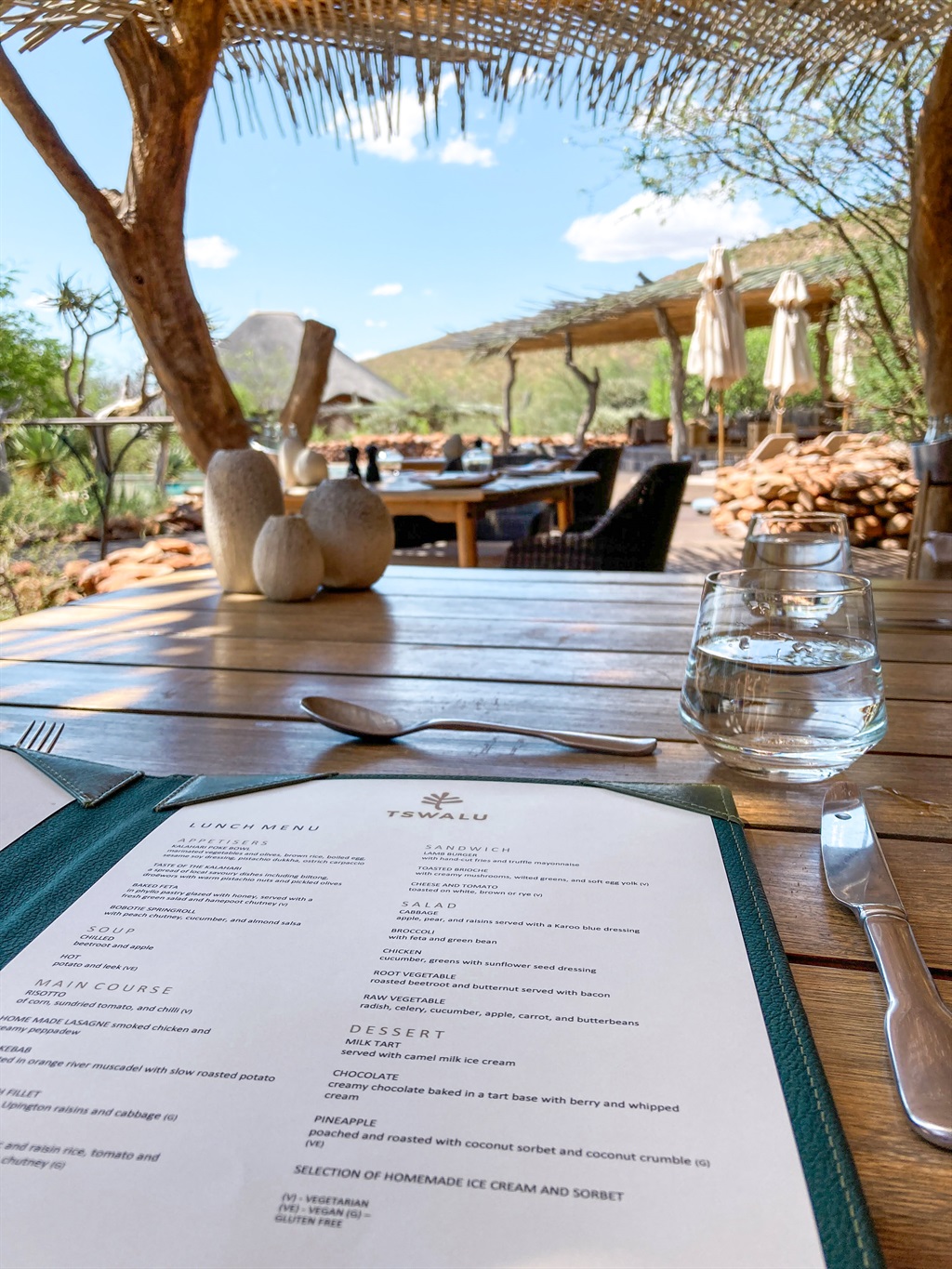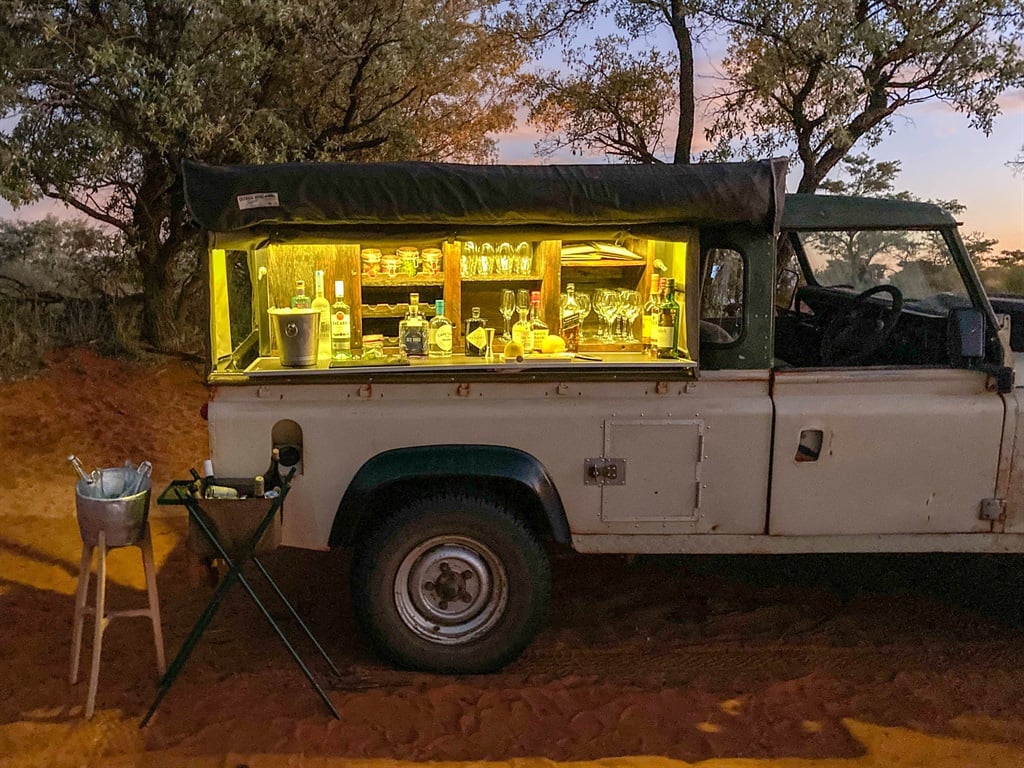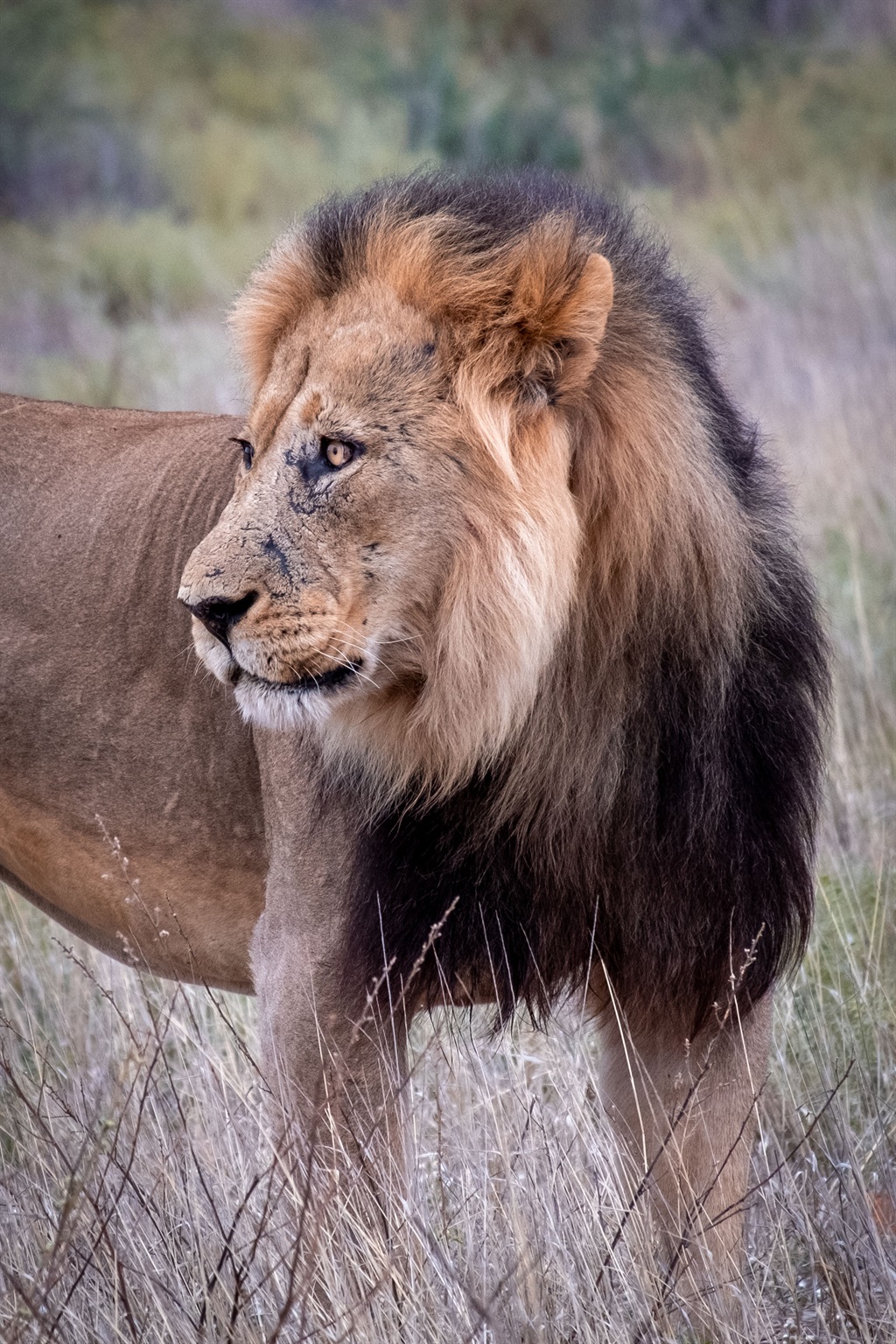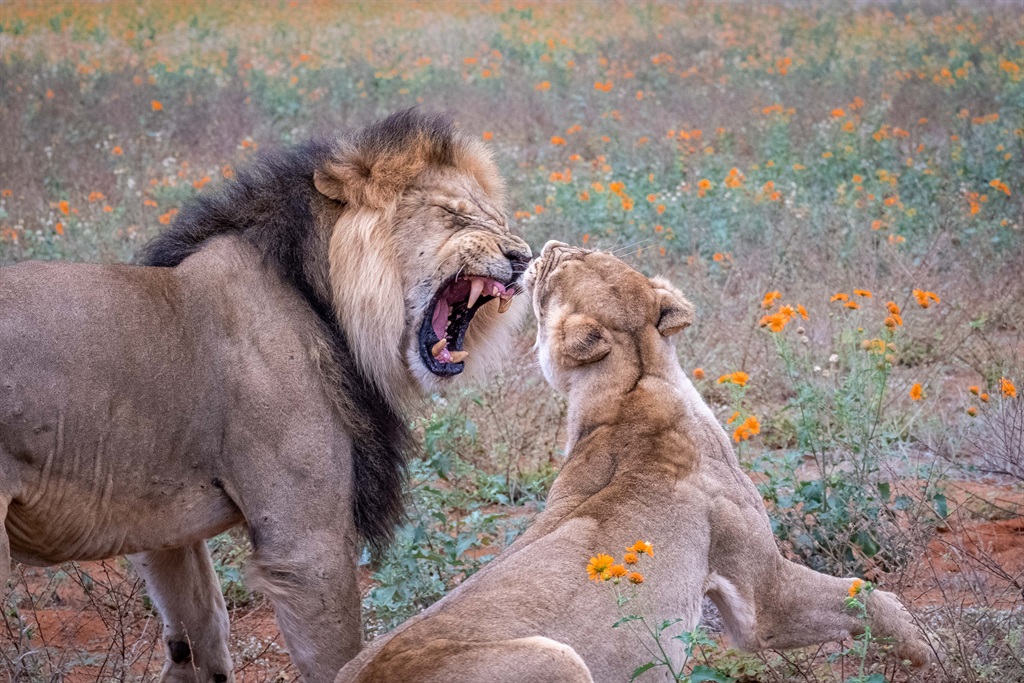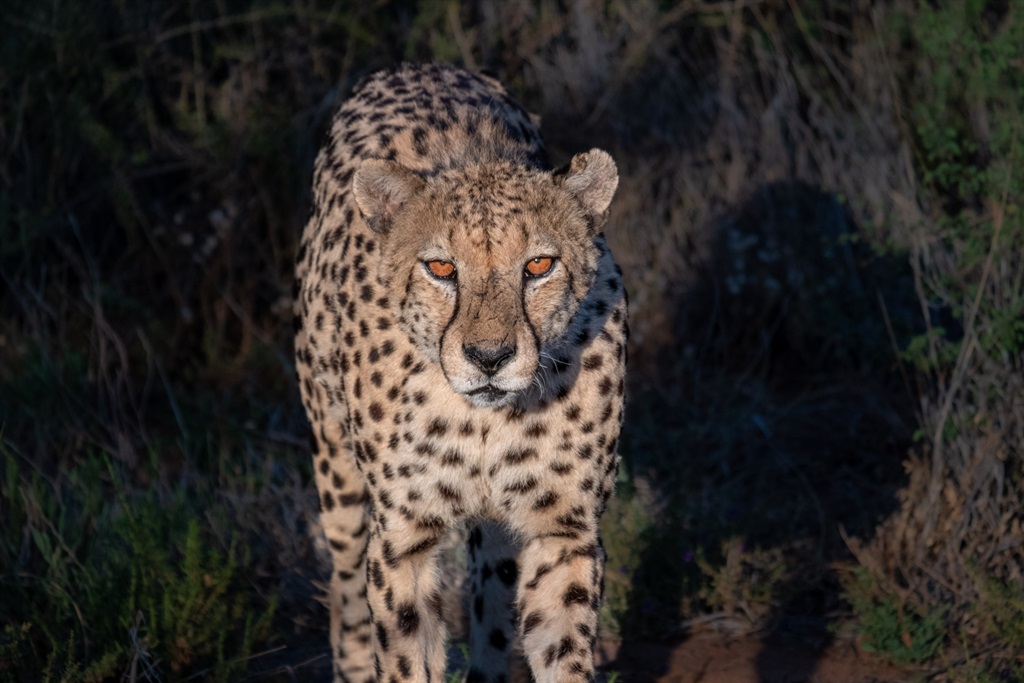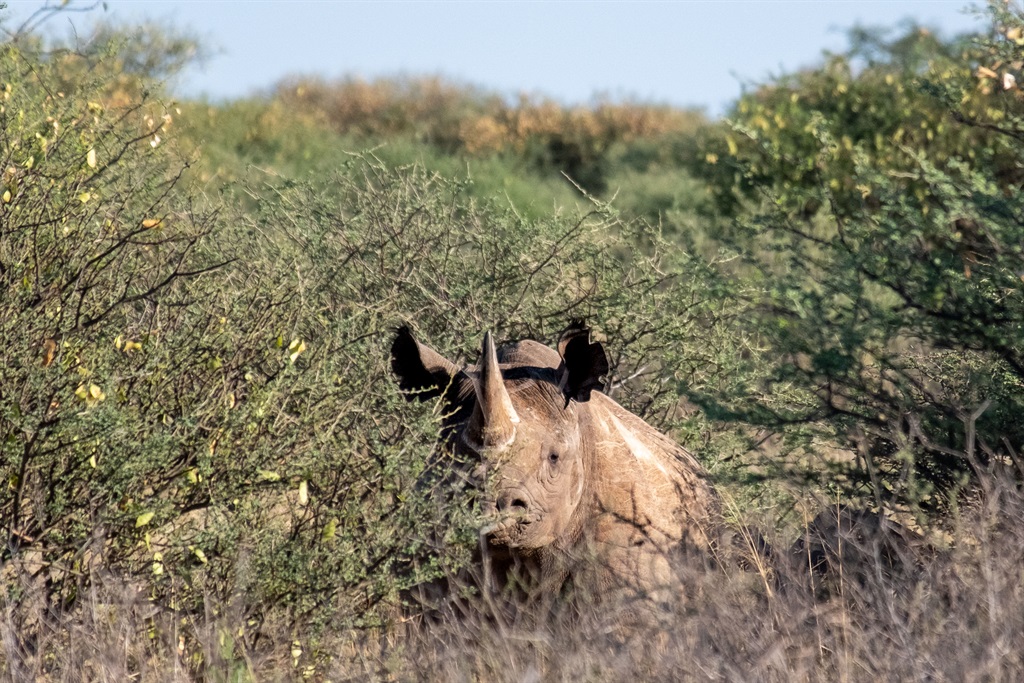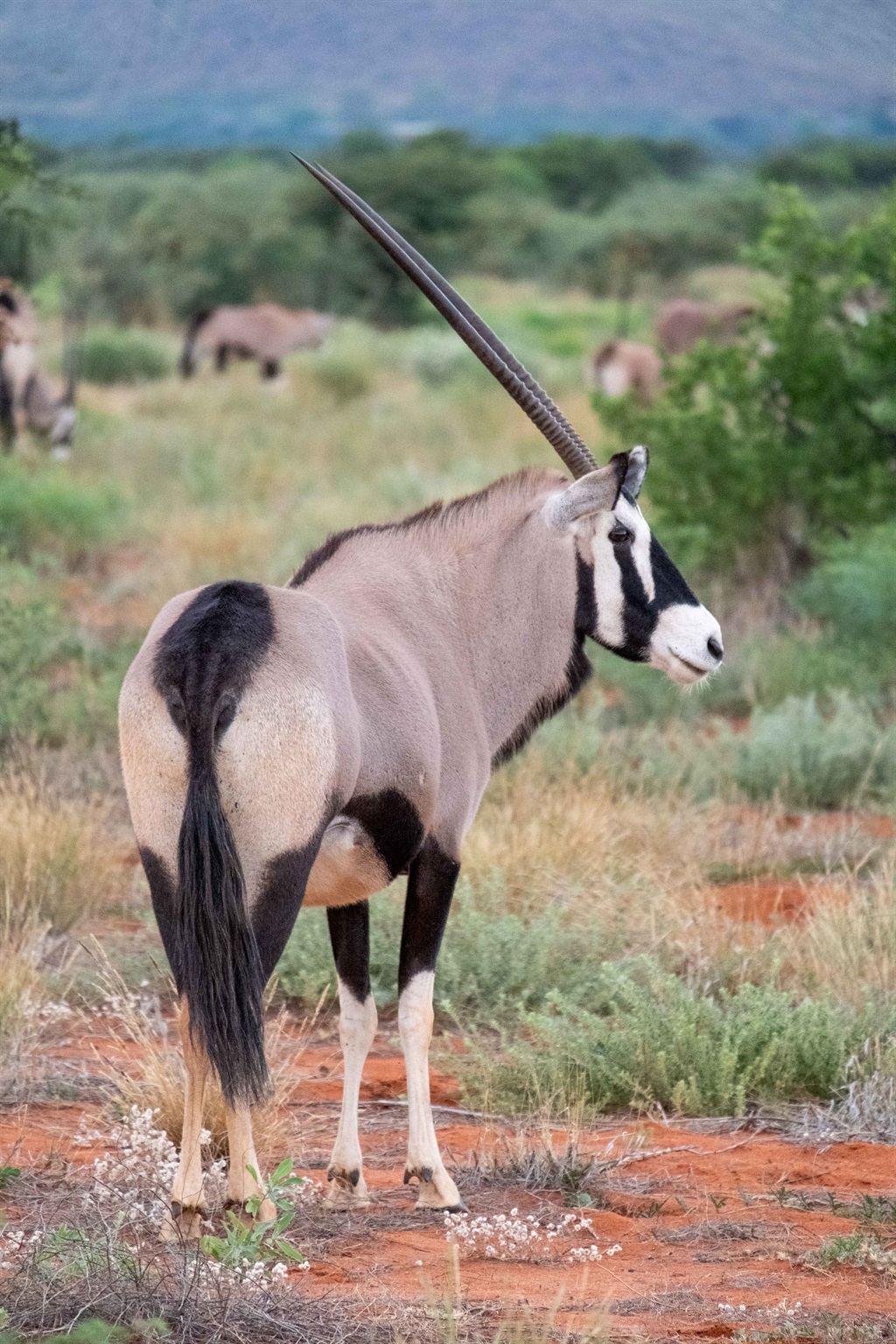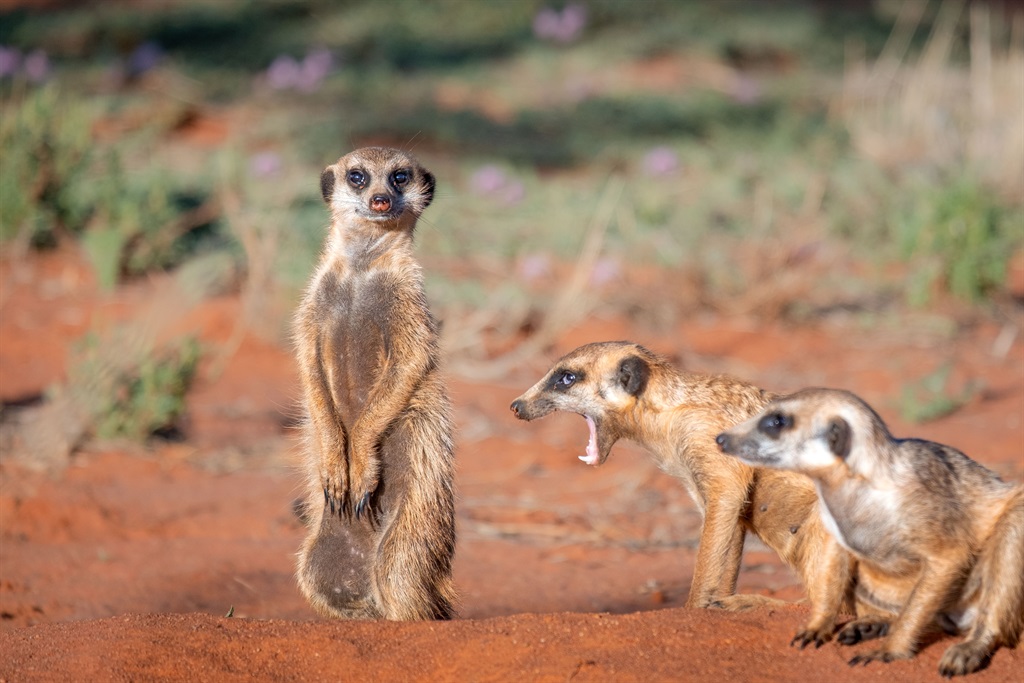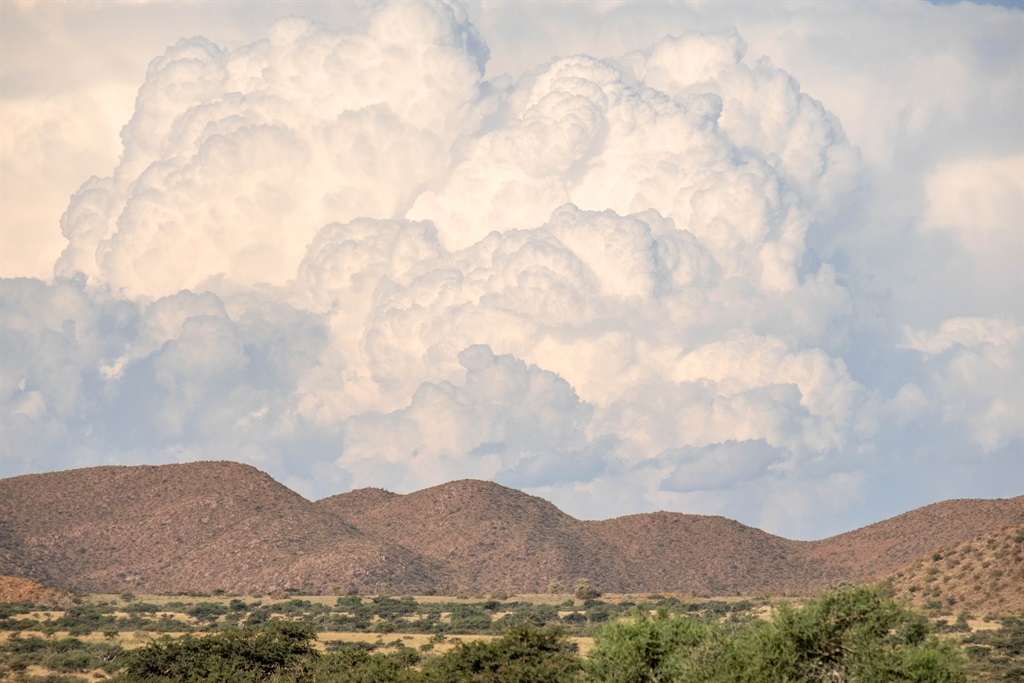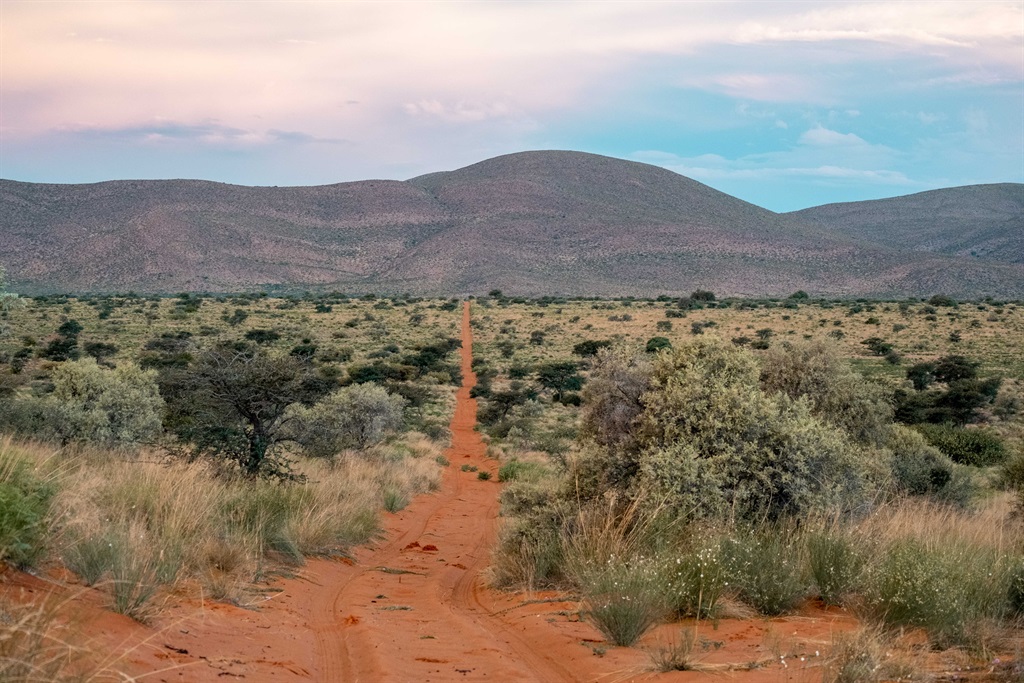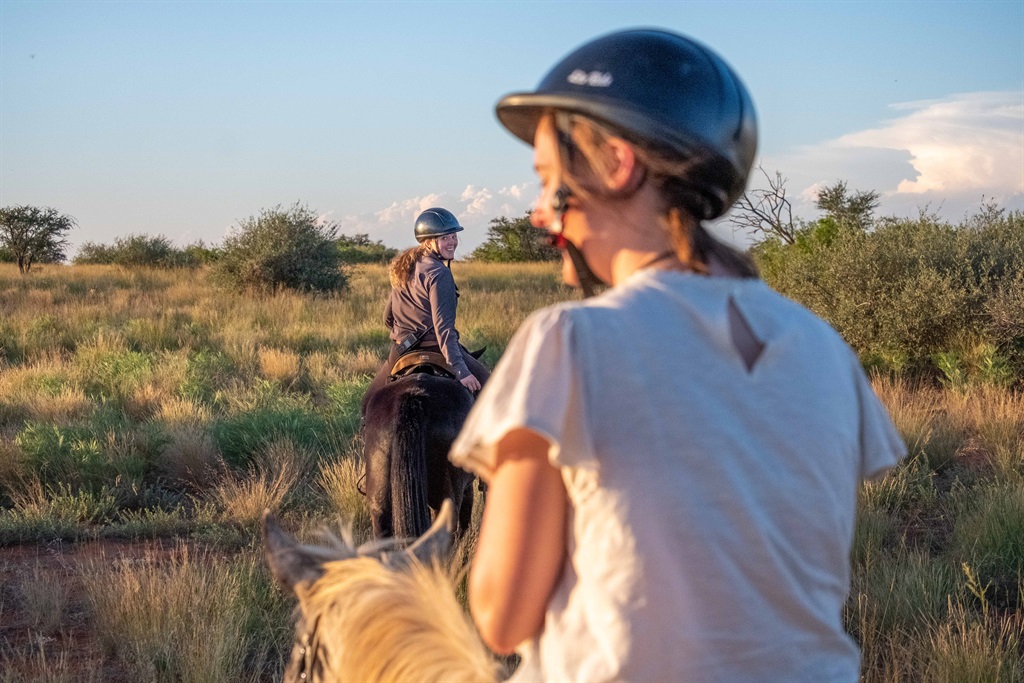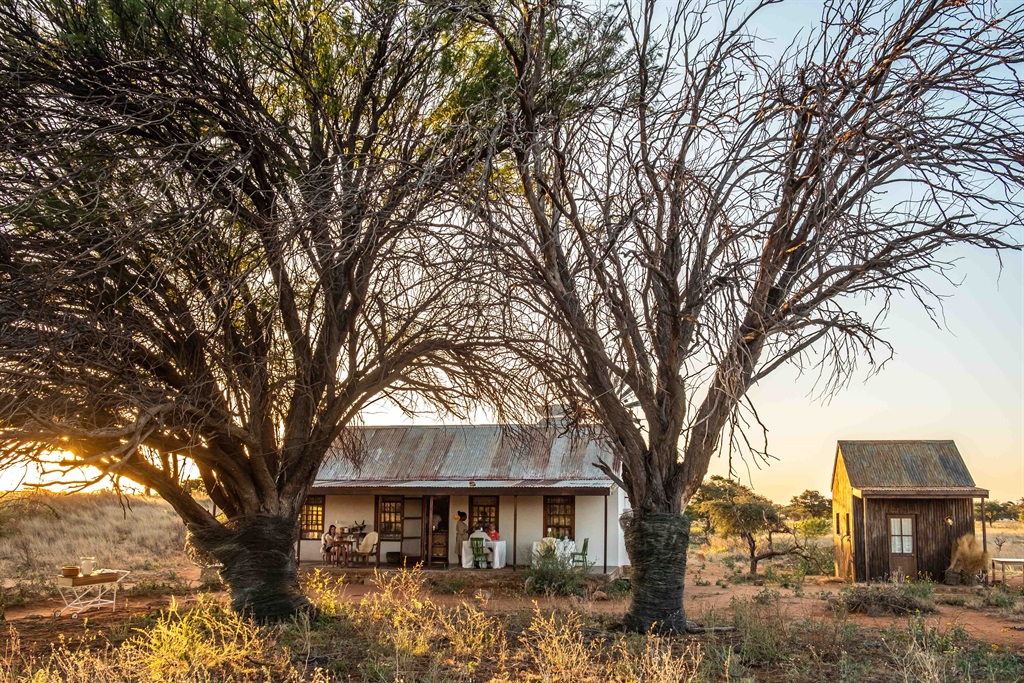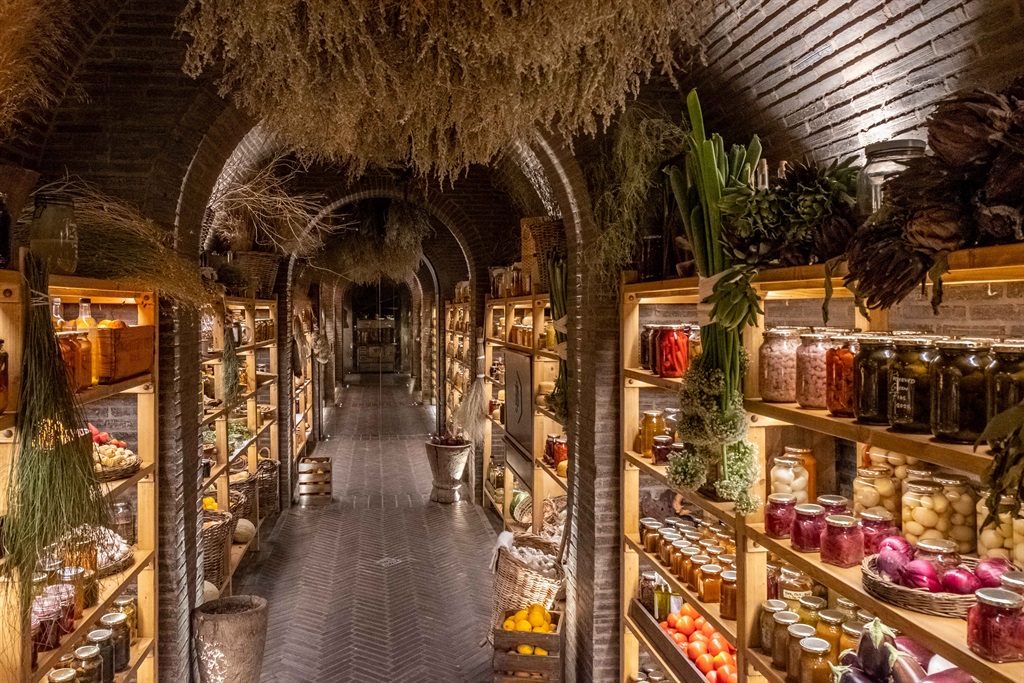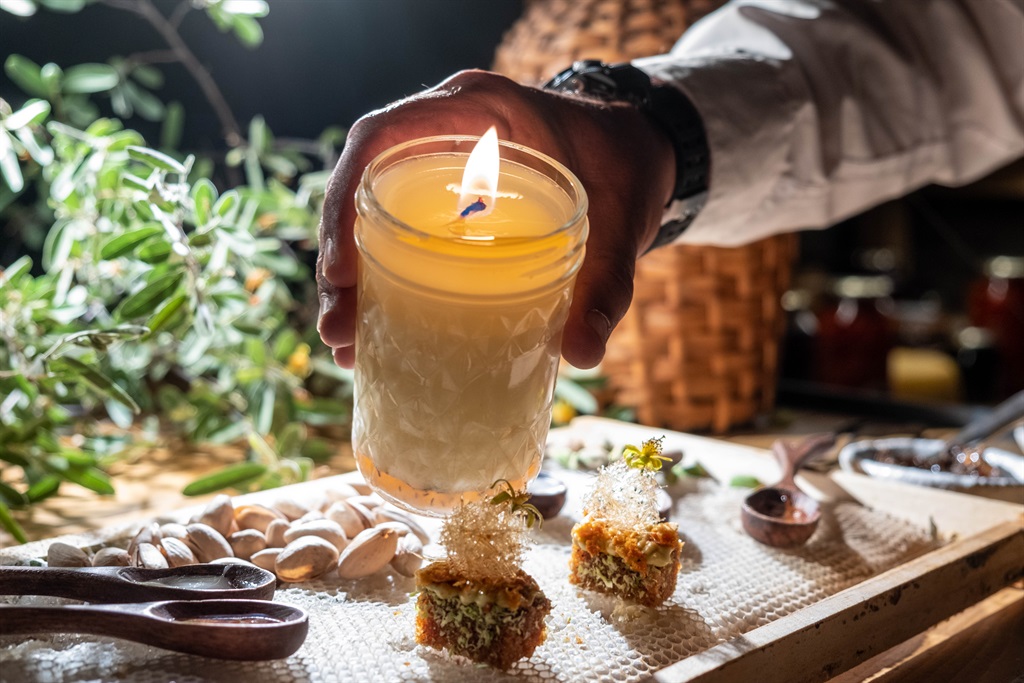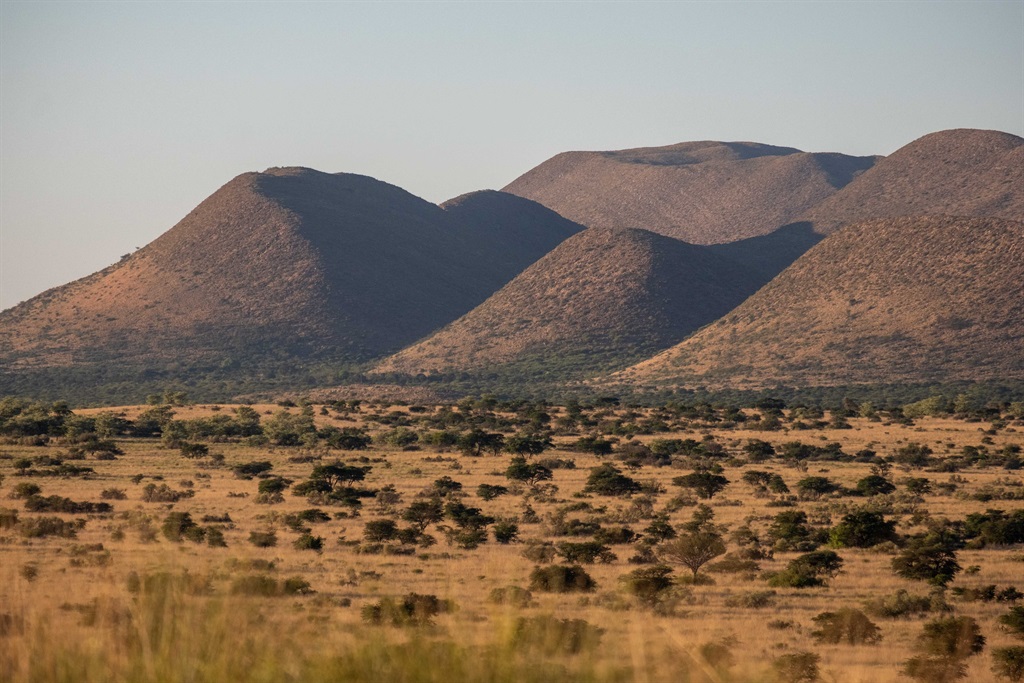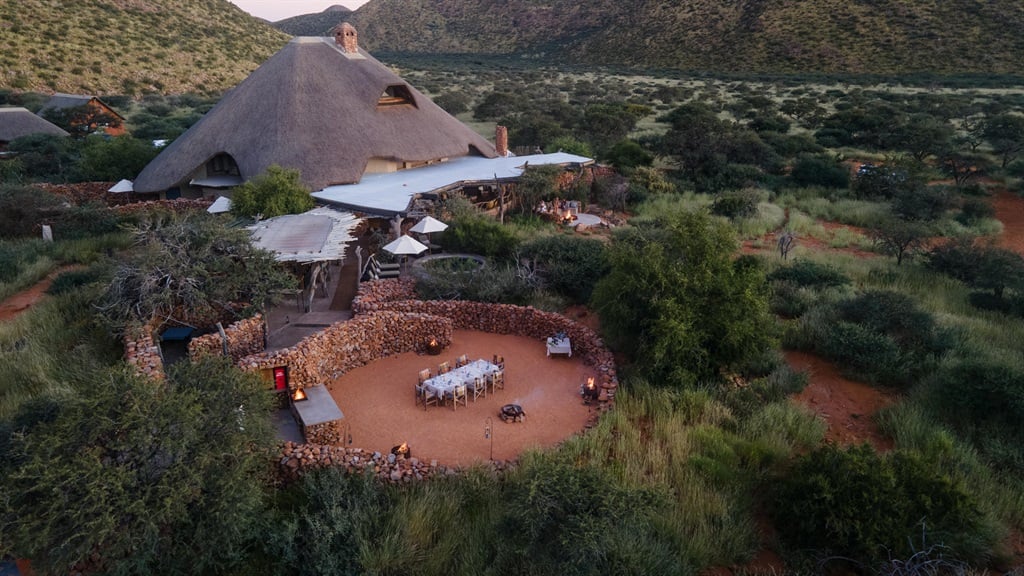
Tswalu, in the southernmost section of the Kalahari Desert, is South Africa's largest and most exclusive private game reserve.
Although much of the emphasis at Tswalu is on luxury and opulence - it's owned and frequently used by the Oppenheimer family - it's also become a conservation labour of love.
Tswalu was once an overgrazed hunting concession in the middle of the Northern Cape. But when owner Stephen Boler died en route to the reserve in 1999, the Oppenheimers were given the first option to buy the land, which they did.
Key to their decision to purchase the land was their vision of returning it to its original, unspoilt state, hence the name Tswalu, meaning "new beginning" or "rebirth" in Setswana.
It's a process that's been complex and costly. In 2021, they spent roughly R100 million on nature and surrounding communities, and much of the work takes place behind the scenes to paying guests.
Although conservation forms the core focus for much of the Tswalu team, this isn't the emphasis for paying guests unless they request it to be.
Instead, paying guests have near-exclusive access to the 114,000 hectares of land by virtue of a private guide, vehicle, and tracker.
Although the size of the land means teams work hard for sightings, Tswalu's activities, hospitality, and various luxuries make it one of South Africa's most unique private lodge stays.
Here's what to expect from a stay at Tswalu Kalahari.
Most guests who travel to Tswalu do so via a private jet operated by the Oppenheimers' Fireblade Aviation.
The journey to the remote corner of the Kalahari takes two hours from Cape Town and 90 minutes from Johannesburg. Arrival isn't on a dusty, isolated airstrip, either.
Tswalu has a 2,030 metre tarred airstrip and a large thatched arrivals boma with open sides, beautifully commandeered by a flock of sociable weavers.
Each party's private guide and tracker are immediately on hand to drive guests to their lodge, a short journey that's instantly scenic.
The airstrip is a short, scenic drive from the two main camps, Tarkuni and Motse.
Tarkuni is an exclusive-use villa that guests must book out in its entirety. It accommodates ten guests in five lavish rooms under a single thatched roof.
Each room has a private deck and en-suite bathrooms - but for socialising, there are multiple common areas like a pool, wine cellar, library, games room, and lounge.
A private team of chefs and butlers cater for the group, and guests can choose to dine indoors or under the stars in the outdoor boma.
The Motse is a more typical safari camp that focuses on individuals and couples. It has a communal infinity pool, boma, and indoor and outdoor dining areas.
The lodge sleeps 18 guests in nine high-roofed thatched suites. Bedrooms feature four-poster beds set beneath maps of the property and large windows open to the views and elements outside.
There are multiple seating areas, with most of the focus on an outdoor patio with high-backed chairs, sofas, and a round table perfect for games or private dining.
And thanks to a nearby waterhole, it's possible to get occasional views of passing wildlife from the comfort of your suite.
Food at Tswalu receives special attention. All food and a wide selection of premium alcohol are included in your stay.
And on at least one occasion, you'll likely receive an invitation to dine outdoors or on a scenic dune, which will probably feature multiple courses beneath the stars - and Tswalu's car bar of dreams.
Mornings and evenings at Tswalu are mostly about game drives. The reserve is home to unique desert-dwelling creatures like aardvark, porcupines, brown hyena, and pangolins - though these are unsurprisingly elusive.
Guides will likely offer you various possibilities - including the sighting of rare black-maned Kalahari lions.
Lions are in a separate section of the reserve. Although they don't exist in large prides as they do elsewhere in Africa, sightings of both males and females are common, including mating pairs.
The reserve has also reintroduced cheetah.
And several elusive rhinos, both black and white, that will make you work hard for often brief but exciting sightings.
There's also plenty of general game uncommon in South Africa's more familiar parks, like roan and sable antelope and gemsbok.
But the biggest wildlife highlight for most visitors is Tswalu's habituated meerkats.
Much of the beauty of Tswalu lies in the scenic attractions, however. Like growing thunderclouds behind the Korranaberg Mountains.
And the long, ochre sand roads that cut across the dunes, which after good seasonal rains are often the only reminder that you're actually in true desert.
Given that there are no lions in one half of the reserve, it's also possible to safely participate in various activities like guided walks, nights out alone under the stars, or horse riding that caters to all levels.
But for many, a visit to Klein Jan, located on the Tswalu property, is a key reason to visit.
The restaurant offers a culinary journey from the stoep of a 100-year-old farmhouse, to a secret underground cellar and dining room.
South African Michelin-star chef Jan Hendrik van der Westhuizen has curated a menu that draws on hyperlocal ingredients, many of which are found on the Tswalu property.
The Klein Jan experience typically falls on the last night of a trip to Tswalu, and is the perfect parallel universe in which to reflect on a journey to this remote corner of the Kalahari.
In all, if wildlife sightings are your main goal you'll likely work hard at Tswalu given its size and low density of vehicles. And for this reason, it's worth slowing down and appreciating other aspects of the experience. For international travellers, it's also a lodge that pairs well with those in other reserves like the Kruger National Park or Sabi Sands.
But Tswalu is a destination best celebrated slowly for its stark scenic beauty, unique species, world-class food and hospitality, and some of South Africa's most impressive conservation goals and management.
Despite the high cost of a stay at Tswalu, it has an exceedingly high occupancy rate. It's possible to check availability and book online directly on the Tswalu website. The reserve also offers discounts for stays of four nights or longer.
Andrew Thompson was a guest of Tswalu.
